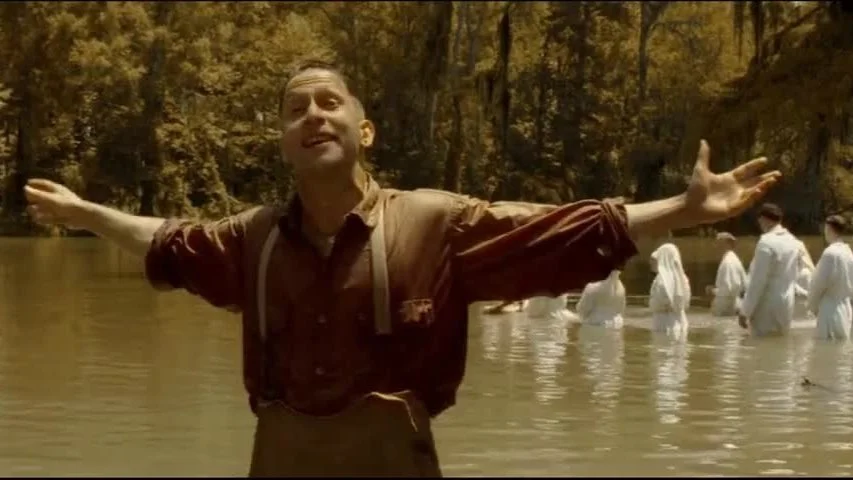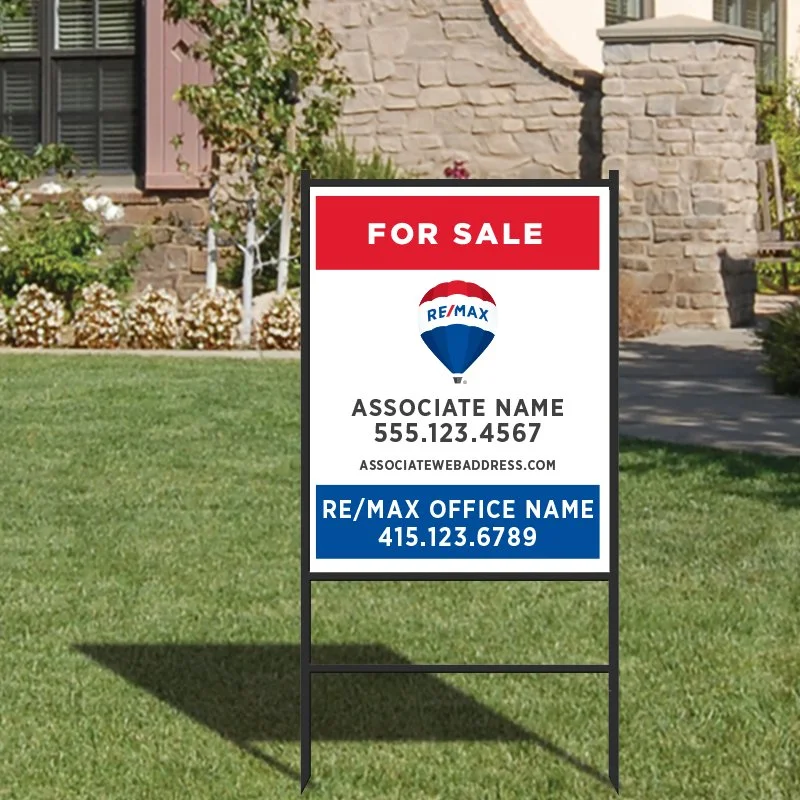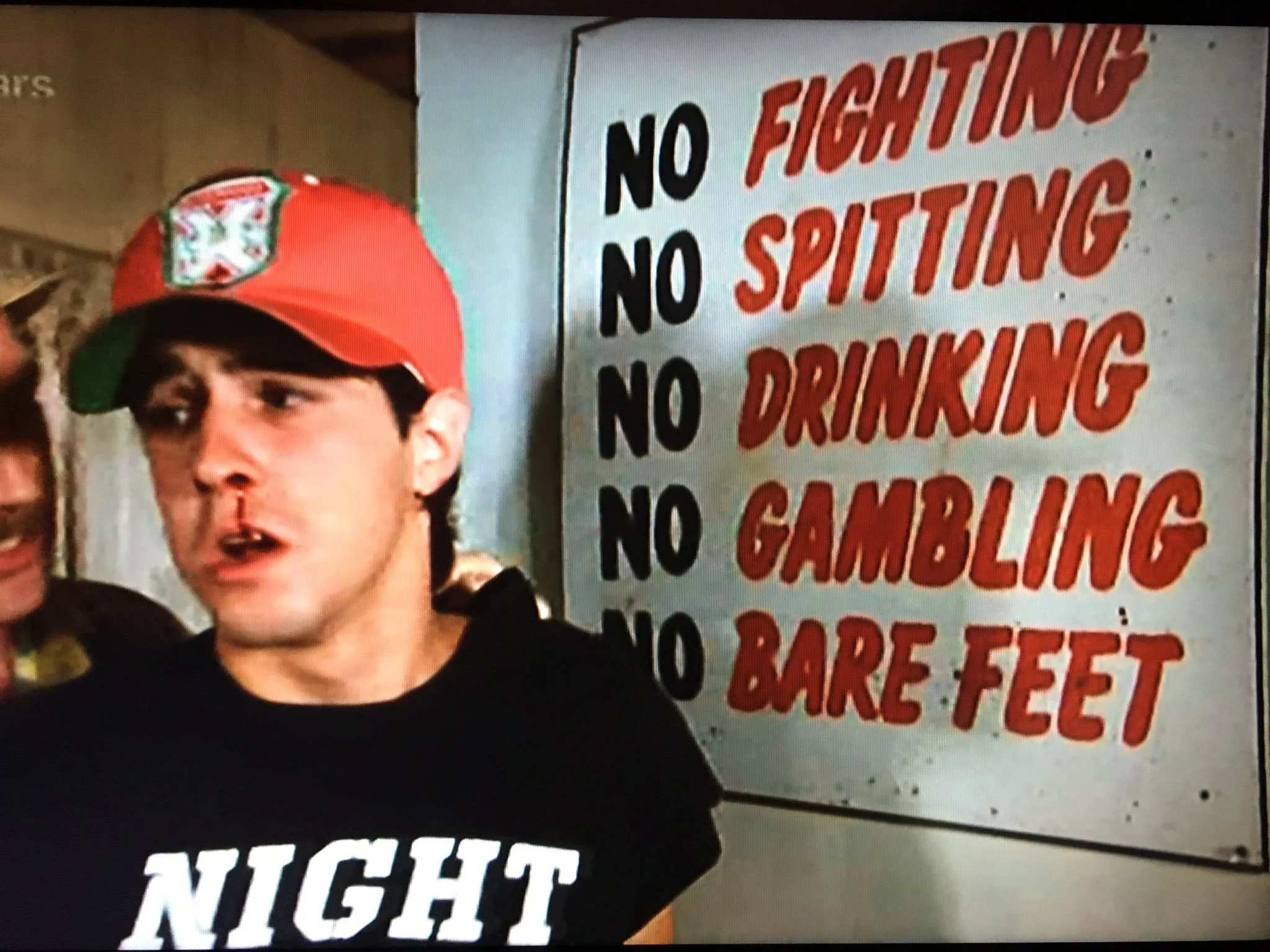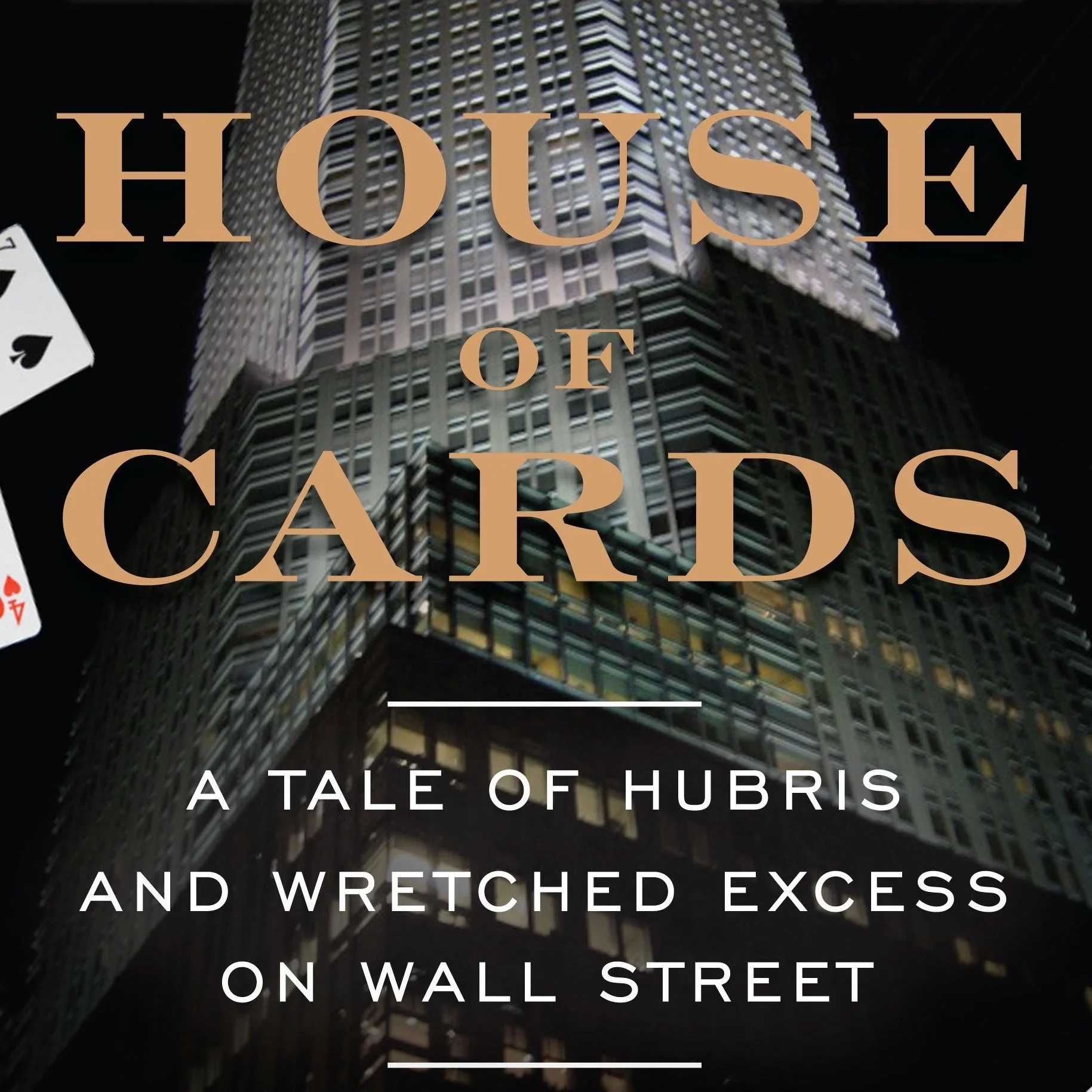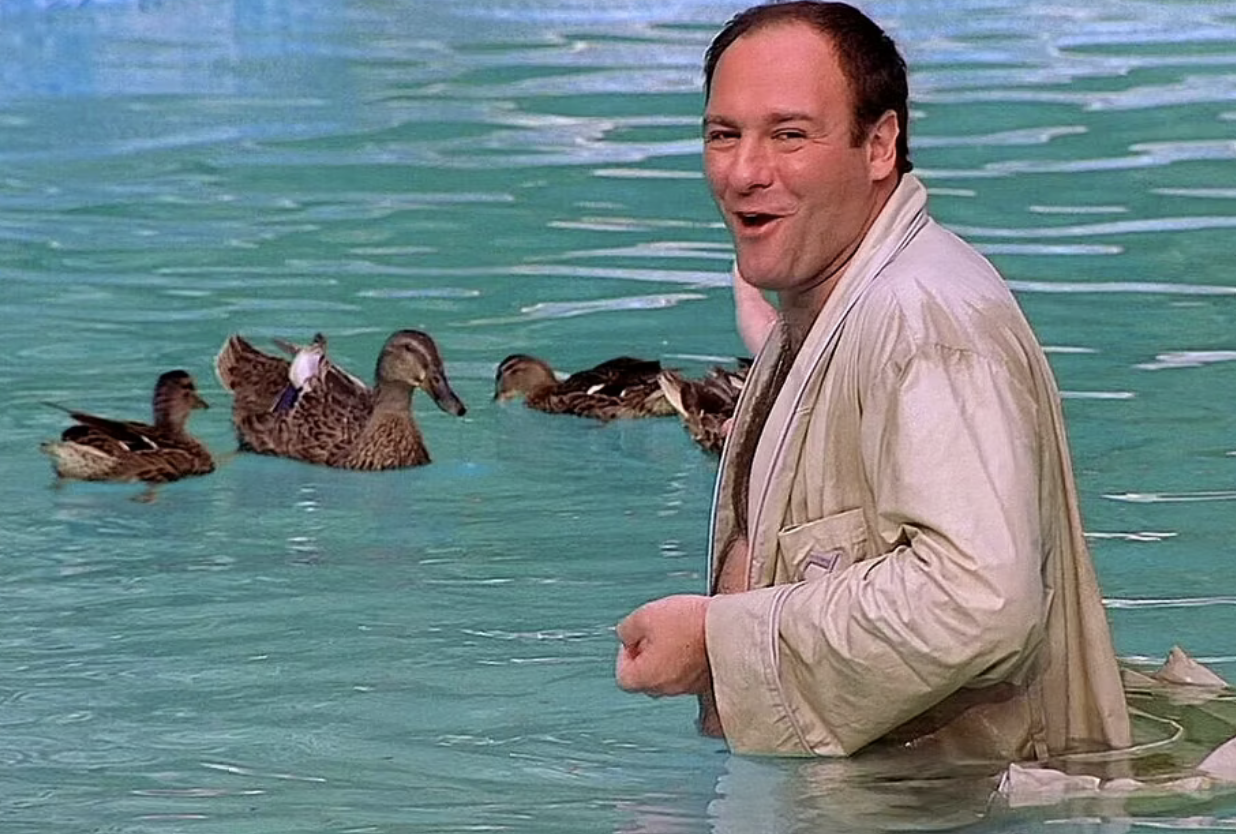On Buying Retail
Happy September! I hope you had a relaxing Labor Day. This was one of those weekends that makes me proud to be an Atlantan. The College Kickoff Game, Black Pride, Dragon Con, and the PGA Championship (aka Bulldogs & Tigers & bears & cubs & Wookies & rookies) were all in town at once. Every other year the Braves are home, and for a while we had NASCAR and the Decatur Book Festival, too. A journalist friend likes to say Labor Day Weekend proves Atlanta is both a real and not a real place. Amen.
With industrial cap rates coming off zero and apartment folks having their one subpar year per decade and no one in polite society talking about the office market at cocktail parties, I’ve heard from some of you thinking of dipping your toes in the retail pool. We are having something of a run. Retail is easily the most fun you can have per square foot in commercial real estate. We’d love to have you join.
Come on in folks, the water is fine.
But first I should warn you that buying retail is not like buying other assets. If you’ve read this note more than once you know I have a fairly unconventional approach to most things CRE, and Chris Decoufle suggested I write a little primer on how to buy retail properties. Below are some tips and tricks I’ve picked up along the way for how not to go too broke in the wonderful world of retail real estate.
My best advice comes from my old boss and mentor and friend Fritz McPhail who repeatedly drilled into my head the first two questions you always ask: who is the seller and why are they selling? You know the line about the sucker at the poker table? This is retail. The seller knows where the skeletons are. They know the anchor isn’t renewing. They know the restaurateur’s coke habit has hit new lows (highs?). There is an Idiot Tax to all CRE but it’s especially high in retail.
Is it on the market? No offense to my investment sales friends, but you can go broke “winning” the bidding process over the other smart people with lots of cash. Stay away from anything with a Bid Due date. Retail is a business that runs on feel in a lot of ways. In your town there is some center you drive by every week. It’s a little tired and you know you could improve it. Call the owner! 100% of the best deals I’ve ever bought were because I cold-called the owner.
Important exception! If the property is listed by a residential agent then RUN, don’t walk, to make an offer.
Another question to ask: what kind of buyer are you? Are you left brain or right brain? If you’re a coupon-clipping pension fund then maybe experience retail isn’t your jam. But fear not. Convenience retail is math-y: it’s all about vehicles per day and traffic lights and parking counts and debt constants. Maybe that’s more your style.
Are you more of a wild-west, seat-of-your-pants type? Now we’re talking! Roll the dice. Take a chance. Experience retail is like a shark and that sounds like it is way more up your alley.
What kind of seller are you? Good buyers are bad sellers. And great sellers are the World’s Worst Buyers. I don’t think there is more profit in being one versus the other. But I do know that the folks who brag about doing both well are generally insufferable (and always wrong). Know your limits.
In either case, there is a big difference between experience retail and expedience (convenience) retail, You will need to focus on one or the other. The rules are completely different.
Seen at the Convenience Retail conference.
You’ve decided who you are, you found a retail property to buy, and you think the Idiot Tax is manageable. You’re looking under the hood and the first question you ask is “what kind of credit do these tenants have?”*
* Is that really the first question you’re asking? If so then Go To Jail and do not collect $200. This is a trick question. There is no such thing as retail credit.
As Scott Zucker likes to say, there are a lot of substitutes for credit and the best one is sales. What kind of sales are these tenants generating? The mom & pop donut shop might not know what a lease is but if they’re doing $1M a year then you should keep them as long as possible. Office people forget this: the only point of retail space is to generate sales. No sales, no rent.
Please everyone: you must make your retail tenants report sales.
In an office park or an apartment building the mix of tenants isn’t really a thing, but in retail — we call it the merchandising— it’s maybe the only thing. What kind of uses do you have? Pizza + Tex Mex + ice cream? Magic. Tattoo parlor + liquor store? That’s my kind of center but don’t tell your national grocer about it.
The best tenants are local. The next best are regional. The worst are national. Nationals have lots of rules and lots of attorneys who love to call you to explain them.
What exclusive uses do the tenants have, or — heaven forbid you have a national credit tenant— what uses are prohibited? Did the seller really give the Mexican restaurant an exclusive on pizza? Did the pilates joint really get an exclusive on “wellness”? Is the grocer going to prohibit you from having any fun (answer: yes). Make sure you know what is or is not allowed before you start grand redevelopment schemes.
There is some logic to buying every single retail center out there right now with rents in the $30s because you can’t afford to build new retail for rents under $50. No $50 rents, no new competition.
Four problems you can’t fix in a suburban convenience center: right-in / right-outs, buildings perpendicular to the street, being mid-block and being below grade. They’re all serious impediments to sales.
No, I can’t tell you why being above grade is never as much of a problem.
Suburban location rules go out the window in town. There is no “going home” side and corners are rare. These little computers in our pockets tell us where (and why) we need to go somewhere. Worry more about planning events than counting cars.
Parking is qualitative, not quantitative. Do not worry about how many spaces you have. Worry about how clean the parking lot is, how nicely it’s striped, how great the landscaping and the lighting is. Charge for it and hope to God the lot is full because people are funny and nothing gets them to come back faster than a full parking lot.
Ten per thousand parking? It must be great.
Though the urban and suburban rules are different— and experience and expedience retail worlds apart— there is one last trait I learned years ago from Fritz that is true everywhere: bad retail has no value. With apartments or office, if you drop the rent low enough you’ll fill it up. You may not like the number and it may not even cover the expenses, but you can keep it full. Retail is not like that. Bad retail you can’t give away, and most times it can’t even be fixed. So if the retail property you’re looking at is half empty while everything else is full, it might be bad management. But more likely it was bad development. Steer clear.
What We’re Working On. Texas! Though I moved to Atlanta thirty years ago this month, some of you know I’m a Dallas boy born and raised. My father was a Mustang, my mother a Longhorn, and my sister a Red Raider. Revel has done plenty of work in my home state in the past, but we’ve got exciting projects in the works in El Paso, Ft Worth and Houston that we can’t wait to share with you in the near future.
Turns out that 2024 is a great year for cultural anniversaries, and not just my arrival in Georgia. Some of our favorites we’re digging back up:
Ten Years Ago. It seems like a long time ago, but for those of us in the business back then the Great Recession of was as bad anyone can remember. We all wondered how (and if) we were ever going to make it out. The Big Short got more attention but House of Cards— a deep dive into the collapse of Bear Stearns published in 2009— is still the best book on the ugly subject.
Twenty Five Years Ago. Something that feels like it was just yesterday, but can you believe The Sopranos debuted in 1999? It might be time for a re-watch if you haven’t in a while. Our favorite episode: Tony’s guys feel the pinch when the new Starbucks lands in the old neighborhood: “it’s over the little guy.”
Thirty Years Ago. Do you remember where you were when the news came out about OJ Simpson’s escape in Al Cowlings’ Bronco? Of course you do. One of ESPN’s all-time best 30 For 30 movies has to be the one titled June 17th, 1994, which starts optimistically on an unusually sports-heavy day and ends tragically in Brentwood.
Forty Years Ago. Did you think I was going to talk about Orwell? Or the Apple commercial? No way. You could argue 1984 was the best year for American music in my lifetime. Purple Rain, Born In The USA, Private Dancer, Unforgettable Fire, The Smiths debut album and my favorite, Van Halen’s last (Sammy Hagar doesn’t count): 1984. It’s still great.
Fifty Years Ago. We are well-known fans of Robert Evans, among whose producer credits were Godfather II and Chinatown. . . both in 1974 (what?). We often say making destination retail is like making a movie, and The Big Goodbye: Chinatown and the Last Years of Hollywood is a fantastic behind-the-scenes look at how the greatest American movie of all almost wasn’t made.
Thanks for reading! If you’ve enjoyed this please forward to a friend who might also.
For those new here, I run a retail development and consulting shop in Atlanta. Our mission is to make great retail places, and I write regularly about commercial real estate through that lens.
If you’ve got a mixed-use project that could use some creative thinking — or need help with that latest retail acquisition— please reach out. I’d love to hear from you.

